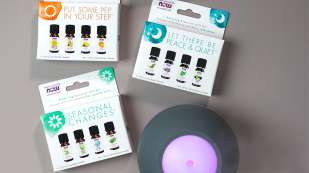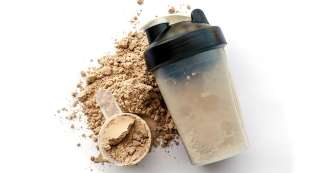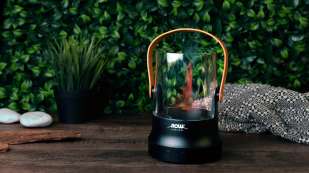Use coupon code MOISTURIZER with your purchase of $40 or more for a free†
Blemish Clear MoisturizerHow Should I Store Essential Oils?
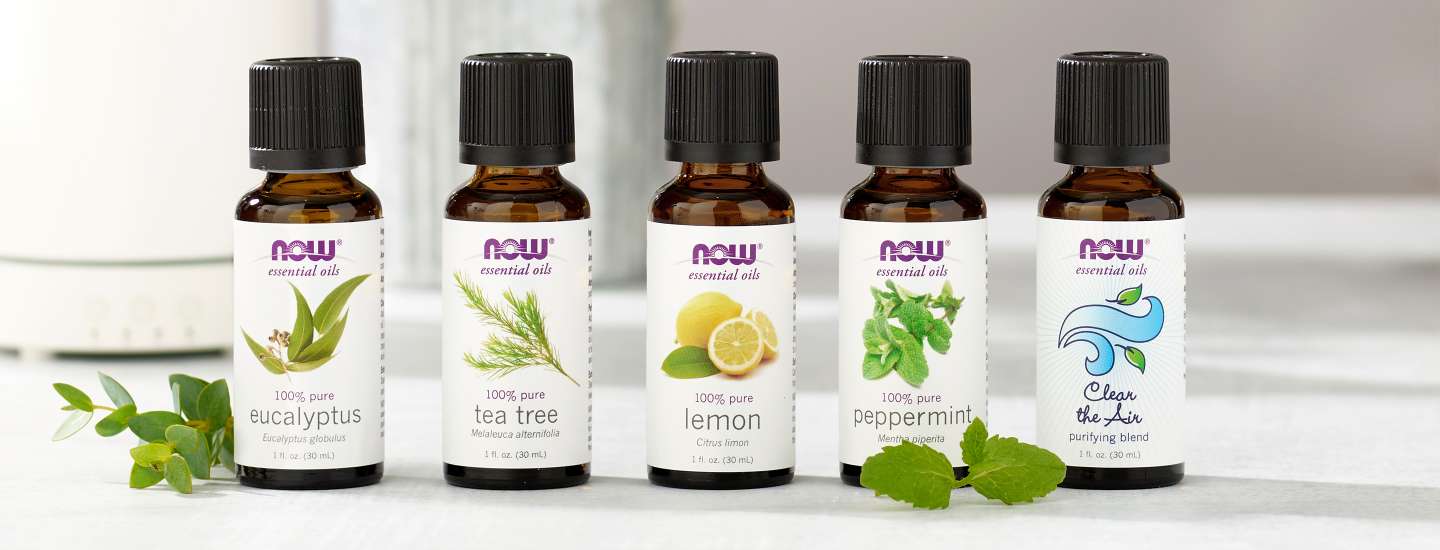
Essential oils are not cheap, and many people consider aromatherapy products to be an investment in well-being. As with any investment, it is important to protect it, so you may enjoy it for as long as possible.
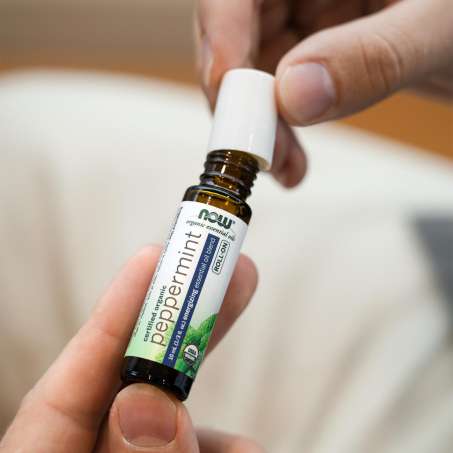
How do I make essential oils last?
Essential oils are very sensitive to light, heat, and oxygen. This is why proper storage is the main way to ensure the longevity of oil products. When oils are exposed to oxygen they begin to oxidize; heat and light will speed up this process. When oils start to oxidize, they start to break down, and this is when you start to shorten the shelf life of the oils. The good news is that rancidity doesn’t happen terribly fast, and there are things we can do to delay oxidation and maximize its shelf life.
- The best way to reduce oxygen exposure is to recap your bottles quickly and tightly as soon as you are done using the oil.
- Don’t let them sit open.
- Closing lids tightly also stops oils from evaporating.
- Less contact with air allows the oils to retain their properties.
- Frequent and prolonged exposure to air can alter the smell and the beneficial properties of the oil.
- Our plastic European dropper on the bottle allows the oil to escape one drop at a time and also helps to keep air and water out, so make sure not to remove or discard this plastic fitment.
- You can add antioxidants to oil blends (like vitamin E, citric acid, grapefruit seed extract, and/or rosemary extract) to help delay rancidity.
- Light and heat can oxidize your essential oils, carrier oils, and butters.
- Too much heat or sunlight can change and impact the quality of the oil by changing the chemical composition, thus causing the oils to evaporate and making them less effective.
- It is recommended that the oils be stored in dark-colored bottles, in a cool, dark place, and out of direct light.
- Consider storing it inside a cupboard or a drawer in a dry room.
- The oils can be stored in an essential oil case as well.
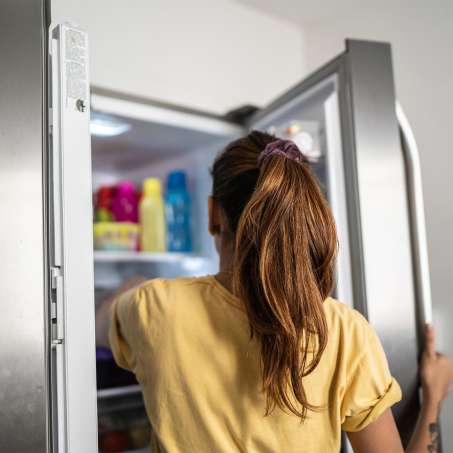
Can I store essential oils in the refrigerator?
Another way to maximize the oils’ shelf life would be to store the essential oils in the fridge. The ideal temperature for your oils is between 35-38 degrees Fahrenheit or 1-3 degrees Celsius. Storing them in the refrigerator is ideal; however, use caution as essential oils are very aromatic and can penetrate packaging and affect the taste of food. Putting them into a separate airtight container before storing them in the fridge can help. Alternatively, get a minifridge just for your essential oils.
How do I know if my oils have gone bad?
If your oils have gone “bad” you will notice one or all of the following:
- Change in aroma – more or less potent
- Oil will be thicker
- Oil will become cloudy or murky
Do some oils last longer than others?
Yes! While most oils will last two to three years, others can have shorter or longer usage lives.
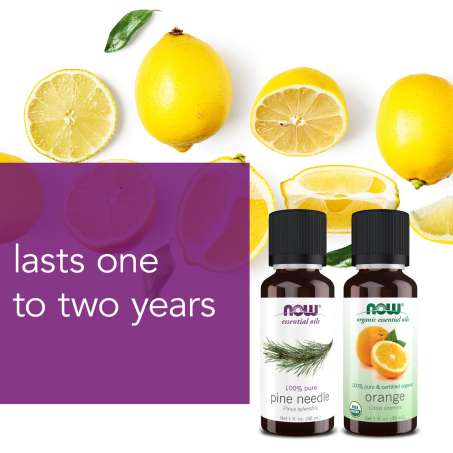
Examples of essential oils with usage of one to two years:
- lemon
- orange
- grapefruit
- pine
- spruce
Oils that last one to two years are typically citrus oils as well as some woodsy oils that contain molecules called monoterpenes, which puts them at a higher risk for oxidation.
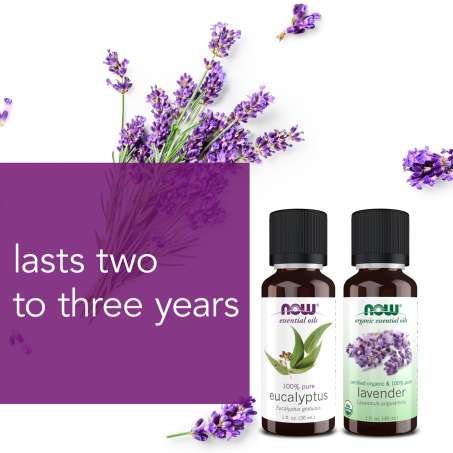
Examples of essential oils with usage of two to three years:
- cardamom
- eucalyptus
- lavender
- bergamot
- lemongrass
Oils that last two to three years have a chemical composition that helps them last longer but are also prone to oxidation due to higher aldehyde and ester contents.
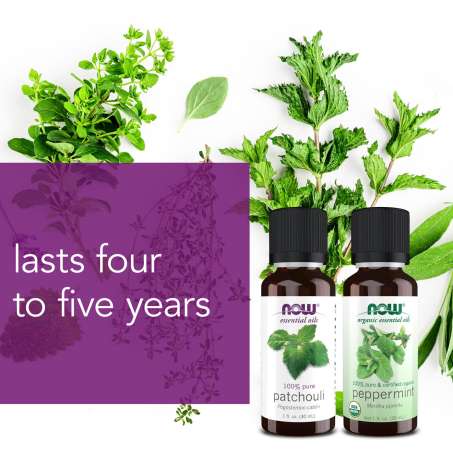
Examples of essential oils with usage of four to five years:
- sandalwood
- patchouli
- cedarwood
- clove
- peppermint
- ylang ylang
Oils that can last four to five years have a chemical composition that includes sesquiterpenes and withstand oxidation the longest.
